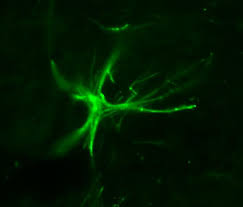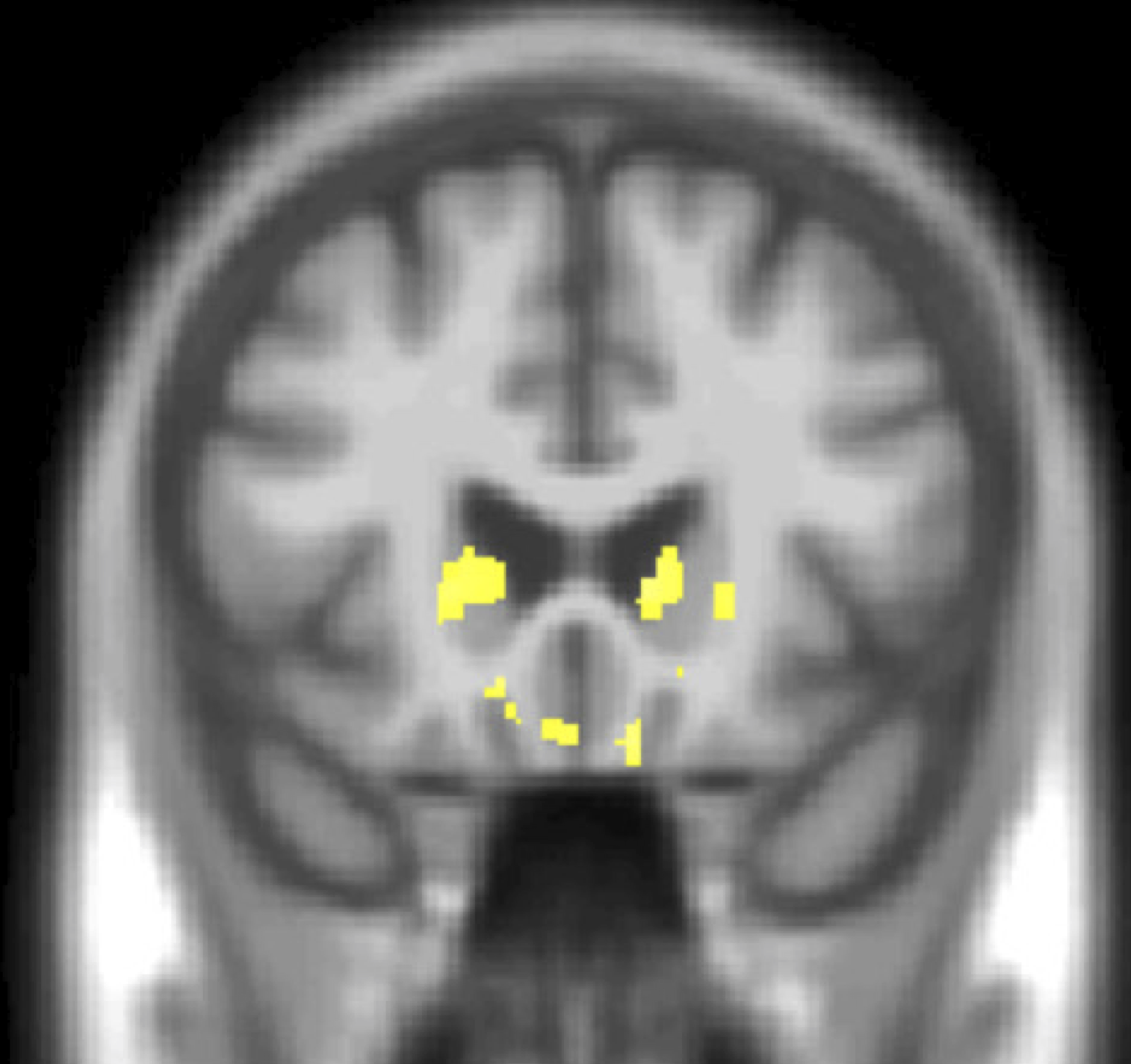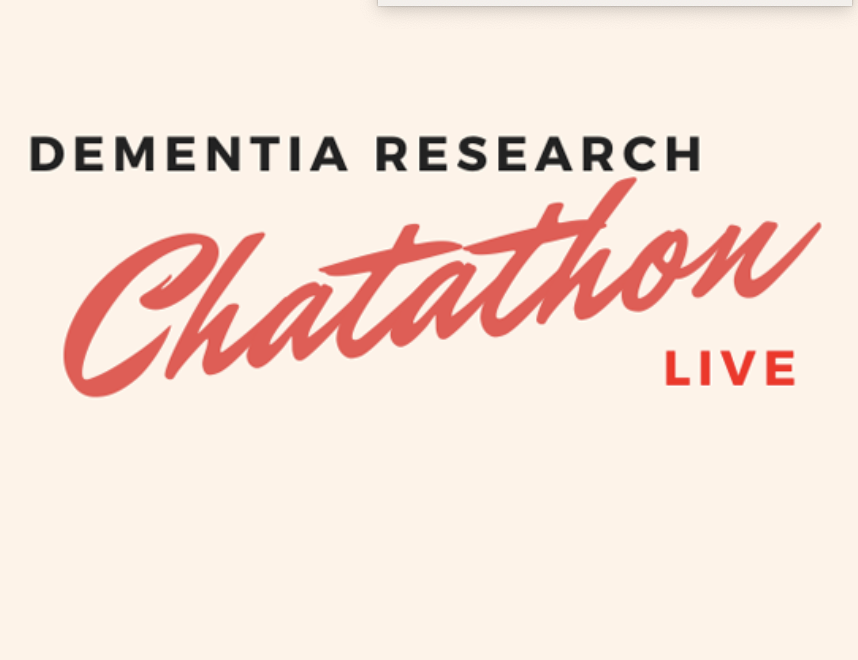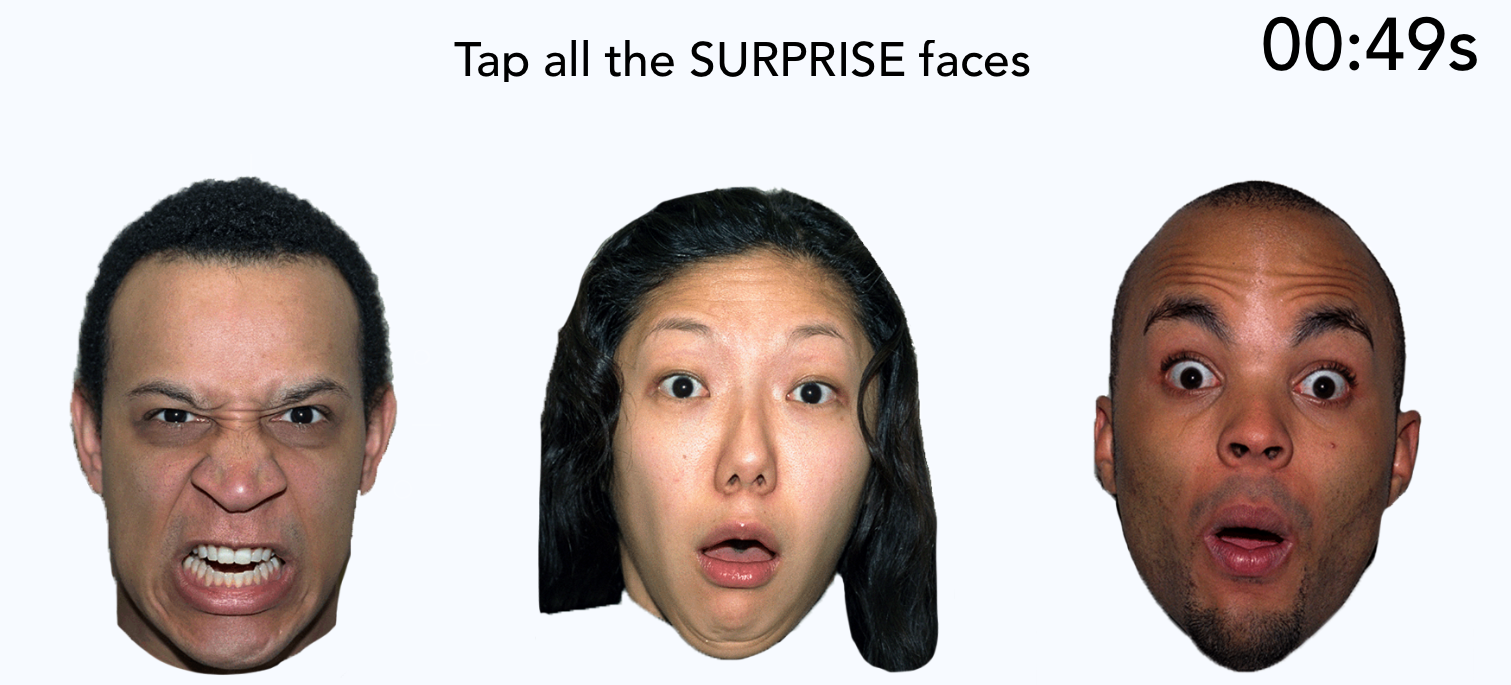In our most recent research study, Lucy Russell has developed a new test to improve the ability to detect emotion recognition problems in people with FTD. This has just been published in the Alzheimer...
Today, 11th February, is the United Nations International Day of Women and Girls in Science. The 2021 theme focuses on women scientists at the forefront of the fight against Covid-19, but research in...
Whilst we have had less chance to work in the lab during the Covid pandemic it has given us a chance to review what research has been published in our field and how best we should focus our time movin...
2020 was a very challenging year for us all. In the research field, our workplace was closed for the majority of the year and most of us are still working from home now as we start 2021. Participant v...
A new paper from our group, led by Carolin Heller in the Biomarkers Lab as part of her PhD, has now been published in the Journal of Neurology, Neurosurgery and Psychiatry. It looks at two blood marke...
Our latest research was recently published in Cortex and led by Lucy Russell, who worked on this as part of her PhD. It is the first large scale study to investigate social abilities in individuals wi...
The latest paper from the FTD talk team has been published in the JNNP journal. This work was led by Rhian Convery, a current PhD student within the group, and uses data from the GENFI study to descri...
In the world of research, scientists aim to attend annual conferences that are relevant to their field of interest. This enables researchers to meet with colleagues and collaborators from around the w...
On the 7th September 2020 five members of our team took part in a fundraising event to raise money for Alzheimer's Research UK. Adam Smith from the Dementia Researcher website organised a 'chatathon'...
Last week we launched an app that we hope will help detect the early stages of FTD. Ignite has been developed to test multiple different brain functions including social skills, attention, and proble...










